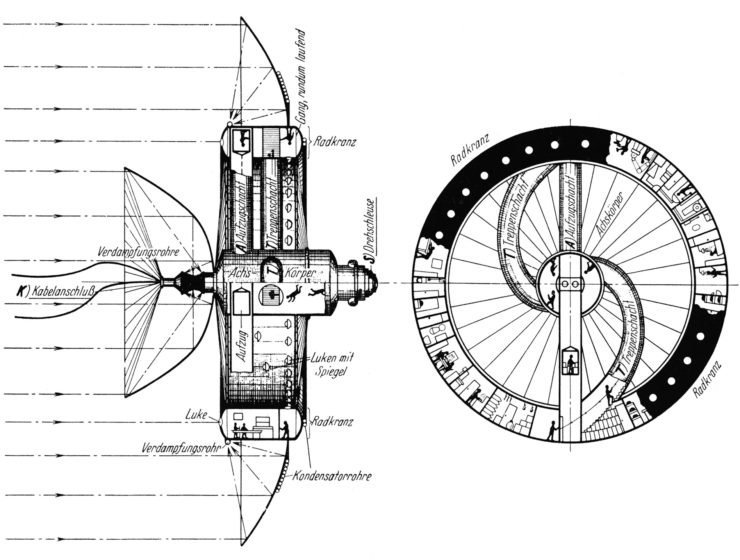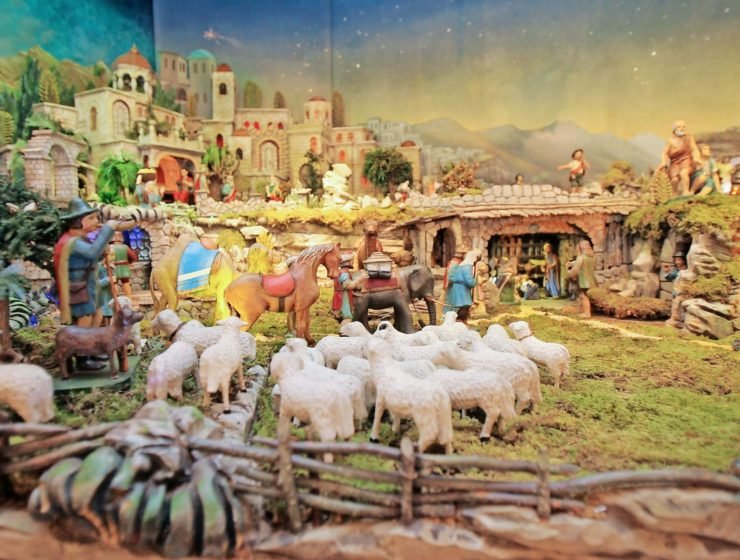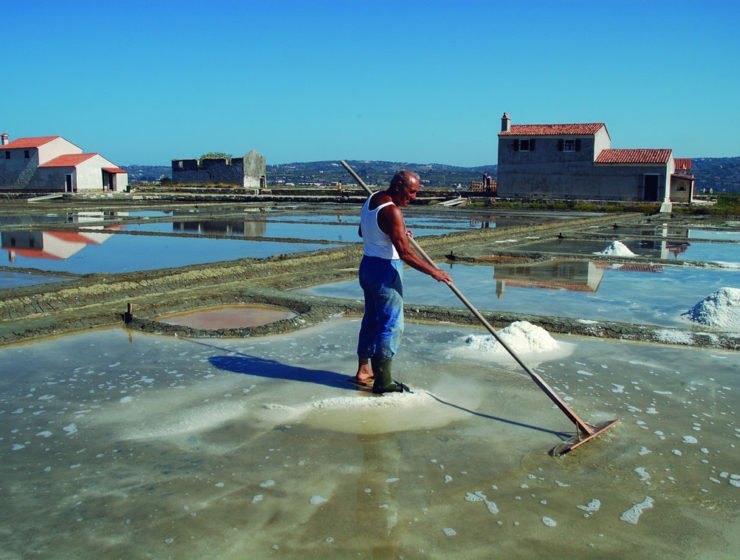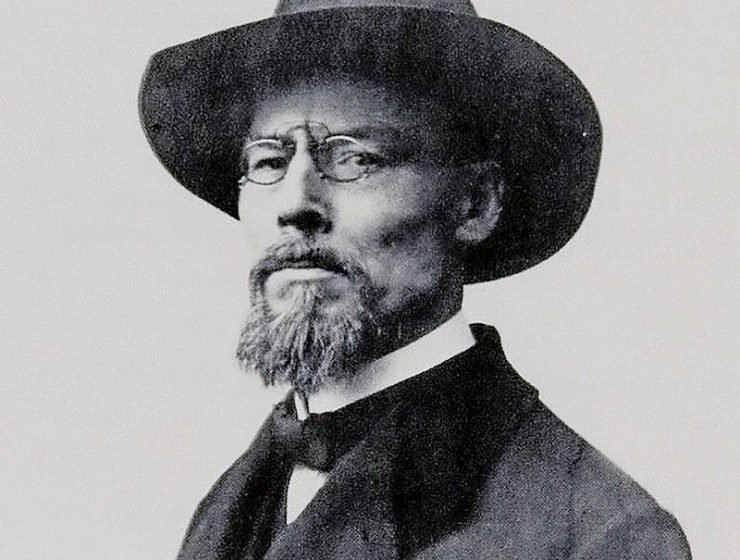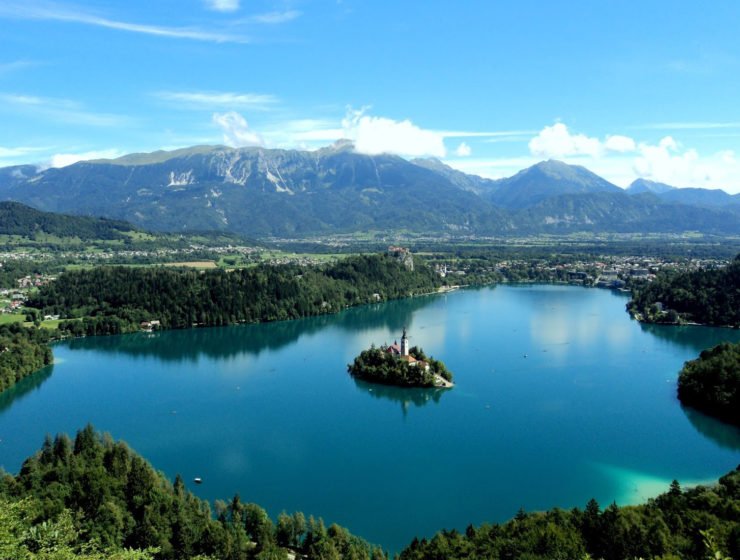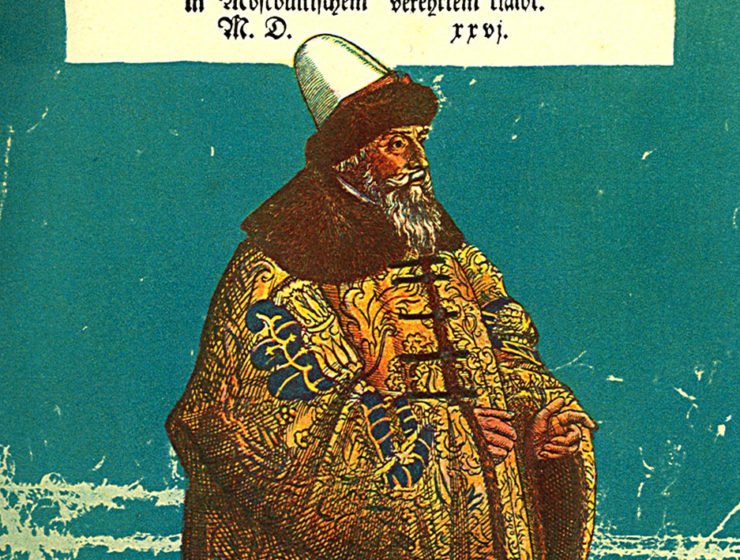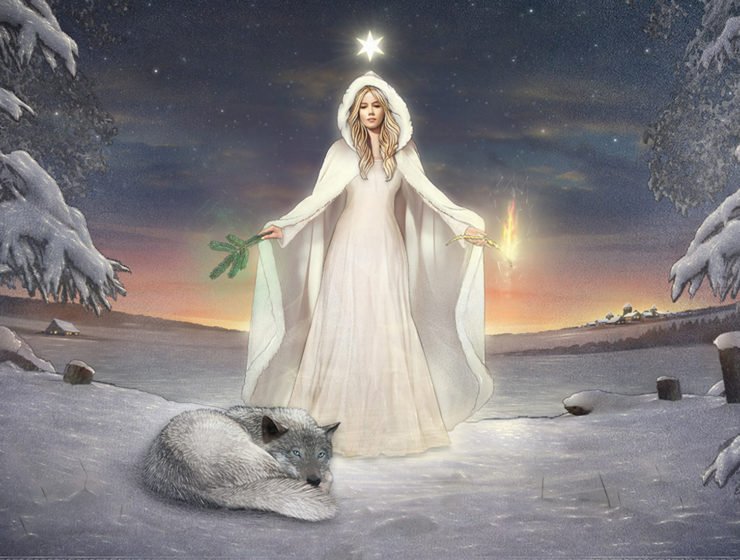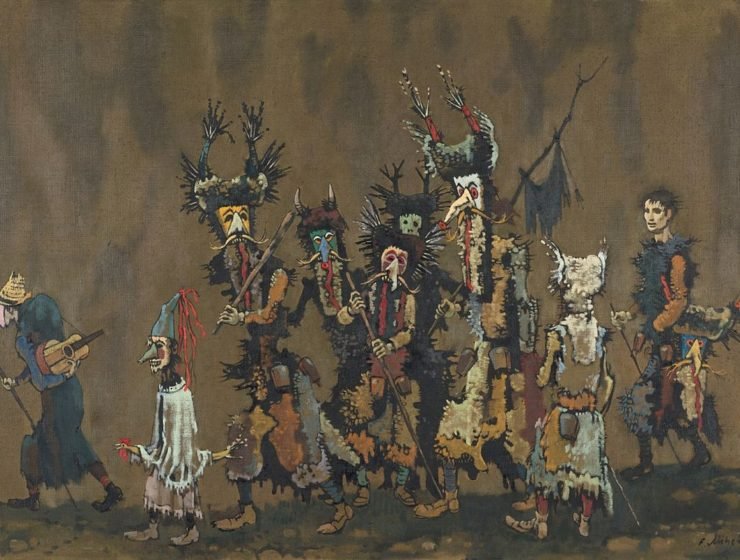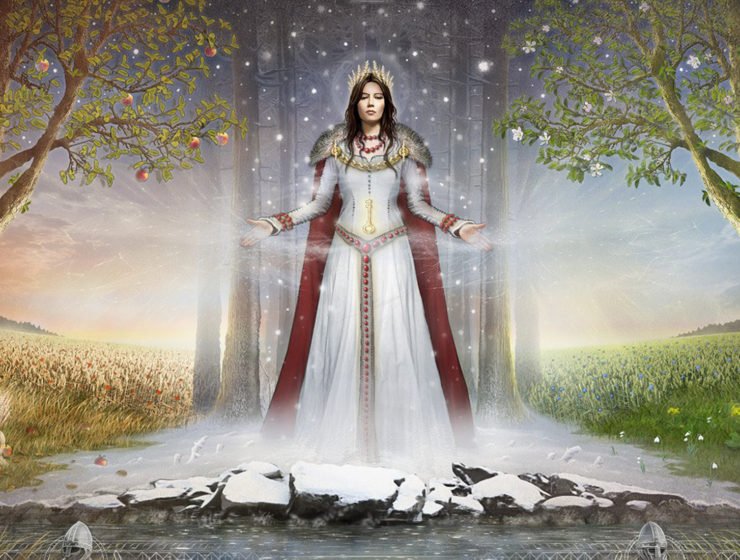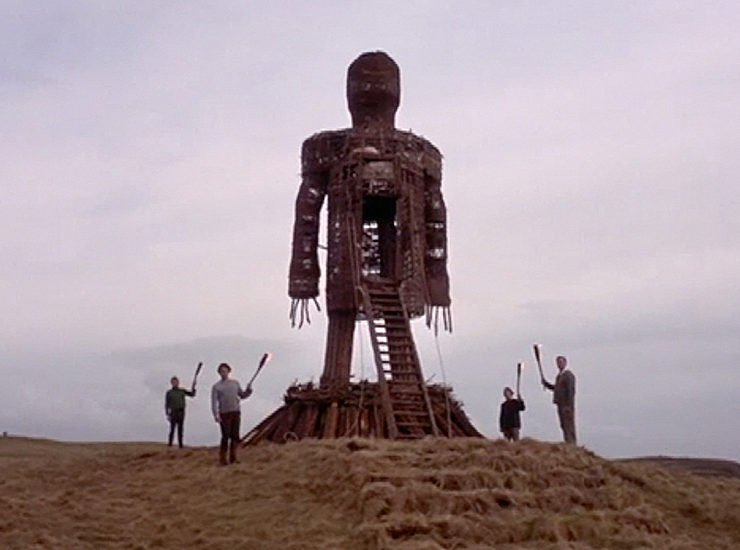Slovenian space travel pioneer When Herman Potočnik, a retired captain and construction engineer in the…
Webzine
Jaslice – The Manger in Slovenian Christmas tradition
Christ’s birthday is celebrated in the Catholic Europe, and particularly in Central and Western Europe…
The Saltpans of Sečovlje
The Sečovlje saltpans (Sečoveljske soline) on the Slovenian Mediterranean coast are today a part of…
Jože Plečnik
The architectural legend of Slovenia Joze Plečnik (1872-1957) holds a special place in the history…
Terra Cognita
In its central European space, Slovenia has maintained a powerful sense of national identity, evident in a highly diversified cultural life, and cultural forms nurtured with long traditions …
Baron Sigismund von Herberstein
An eminent diplomat of the Habsburg Empire in the 16th century, Sigismund (Žiga) von Herberstein (1486-1566) was the first to make use of his knowledge of Slovenian language in his diplomatic career and in research.
Dogana
Dogana, the goddess of morning, also called Zora (dawn) personified the morning light. She represented the start of the working day, and the end of winter when days begin to lengthen. Her feast was Candlemas.
Korant
Korant was god father of his people. His name can be traced back to the people called Carni and their land Korotan. Roman Noricum included him in its pantheon as Caruontanus.
Vesna
Vesna, the goddess of spring is better known in other Slavic traditions. In Slovenian tradition this is expressed in festivity of Palm Sunday, Flower Sunday in Slovenian and symbolized in “butara,” the Easter sheaf.
Pust / Shrovetide Carnival
Pust of Slovenian tales is a Dyonisian figure, appearing in many folktales as the spirit of merriment and wine. The shrovetide festivity is called “pustovanje,”and it celebrates the winter’s end.


